The World's Costliest Cities to Live and Work
With the advancement in various fields in the world, so is the cost of living considerable increases in many cities.
A study done by Savills plc, a global real estate services provider measures the total costs per employee of renting living and working space on a U.S. dollar basis in 12 world cities.
"Fluctuations in total live/work costs reflect not only the strength of a city's residential and office markets and occupier taxes and costs, measured at a local level, but also the impact of fluctuating exchange rates on the cost of doing business on a world stage," revealed Savills.
1. London
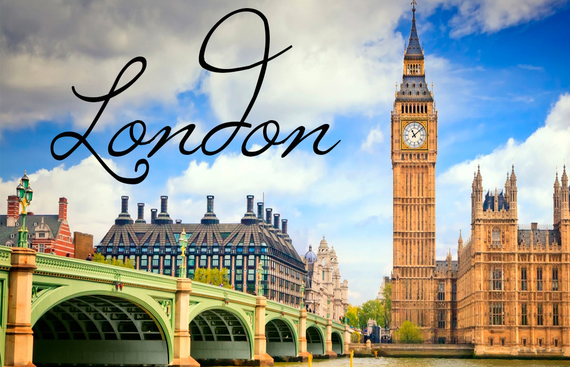
British capital London has overtaken Hong Kong as the most expensive city to rent living and working space. London's overall real estate costs grew in U.S. dollar terms by an annualized rate of 10.6 per cent in the first six months of the year, making it "the world's most expensive city for companies to locate employees."
One of the world's most popular expat locations, the annual cost per employee in London was put at $1, 20,568. This was largely due to the UK pound's recent appreciation against the U.S. dollar. Overall, the U.S. dollar cost of residential and commercial accommodation in London has increased by 39 percent since 2008. Despite its climb in the rankings - from 5th to 1st place since 2008 - London is still a way off the live/work accommodation costs record, set by Hong Kong in 2011 at $128,000 a year.
2. Hong Kong
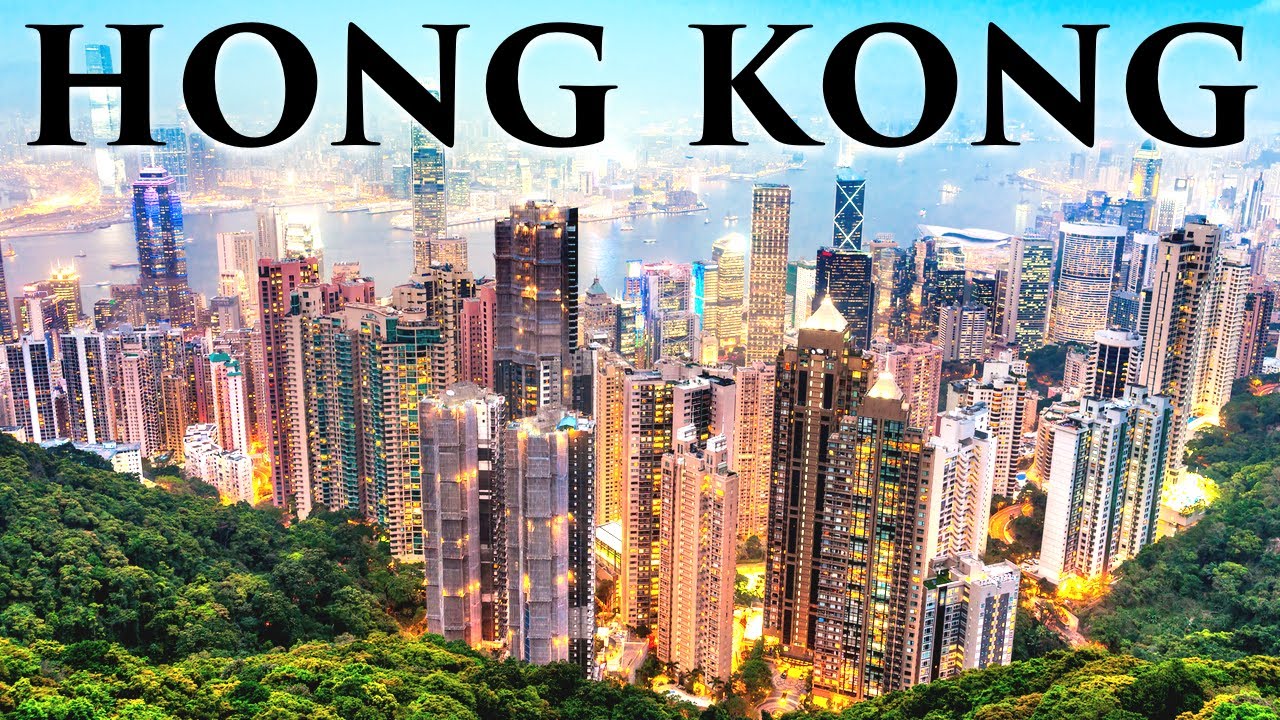
After emerging as the topped in the ranking for an unbroken five year period, Hong Kong has slipped to the second place. It still remains as the only 'New World' city, from a recently-emerged or emerging national economy, to feature in the top five cities in the index.
The position of this city as compared to the emerging markets of mainland China means that it is unlikely to lose this status in the near future as well, despite property market cooling measures.
By far, Hong Kong remains as the most expensive city to buy residential property, with prices 40 percent higher than London - but the gap is reducing.
3. New York
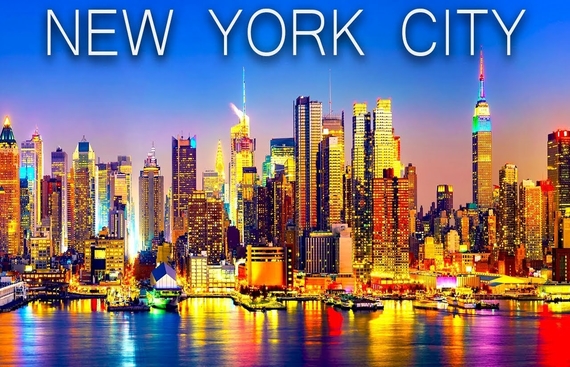
Also known as "The Big Apple," New York is the gateway for immigration to the U.S. and also a financial, cultural, transportation, and a manufacturing hub. A home to 21,800,000 people, New York is also a symbol of American capitalism, freedom and democracy.
New York is one of the most sought after city in United States and also an expensive city to buy and rent property. More than one in five New Yorkers are below the poverty line. Every new impoverished citizen is one less competitor for that perfect apartment.
4. Paris
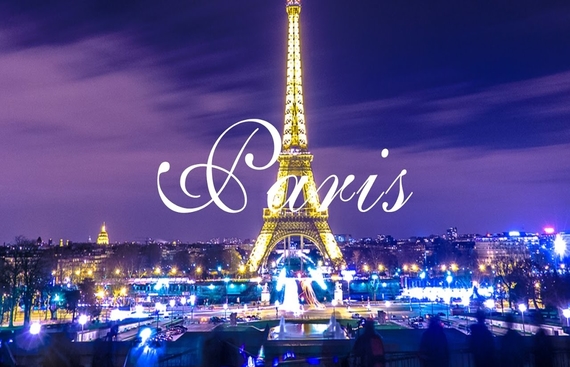
Popularly known as the "Romantic city," Paris is one among the costly city in the world. It is a well known city for leading business and cultural centres, and its influences in politics, education, media, entertainment, fashion, science, and the arts.
It is considered as the glamorous city with around 96,400 millionaires living in this city. Around 39 percent of population in Paris is of millionaires, which is one of the highest millionaire percentages around the world.
5. Tokyo
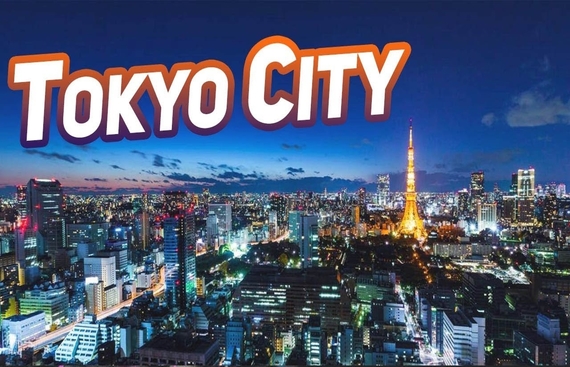
The capital city of the island nation of Japan, Tokyo is considered as one of the three "command centers" for the world economy, along with New York City London and England.
It has fallen down the rankings (from 3rd to 5th position) in the list of the most expensive city, as rents were falling or sluggish after 2008. This is because Japan has experienced five years of deflation and the yen has fallen 10 percent against the U.S. dollar in the past three years.
The capital of Japan, with its striking public management, technology, economy, and the ability to attract talent from all over the world emerges as the smartest city in the world.
"Paris does not have any expenditure categories where the cost of living is disproportionately high, but is costlier than most locations for seven out of the ten categories included in the worldwide cost of living survey."
6. Singapore
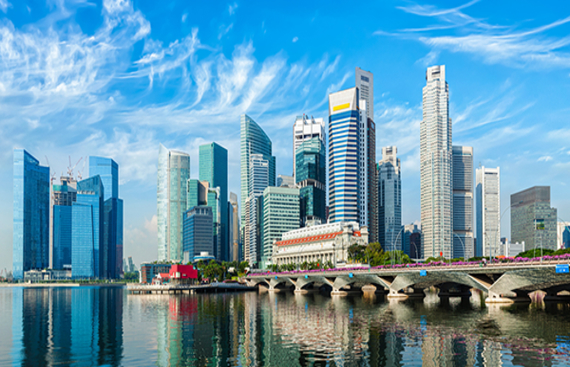
Singapore has topped among cities globally as one of the world's most expensive city to live in 2014. The city's strong currency combined with the high cost of running a car and soaring utility bills contributed to Singapore in the list. It is also the most expensive place in the world to buy clothes.
The strong Singaporean dollar and inflation are the major factors that add to the "costly" tag of Singapore. Being a city-state, it is dependent on other countries for natural resources, which is the reason for high utility costs. In addition, Singapore is world's most expensive city if you want to drive a car owing to the high certificate of entitlement fees.
7. Moscow
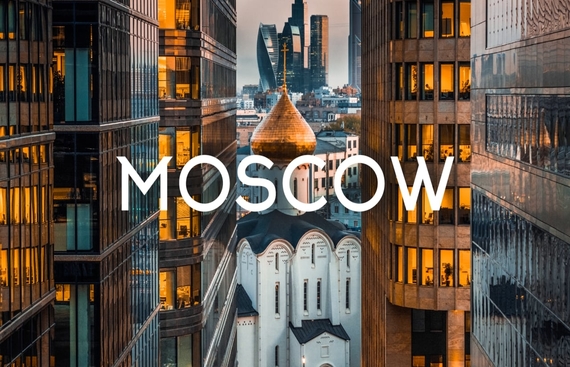
The capital city of Russia, Moscow, is vibrant in all forms of life. Moreover in Moscow an extra 18 percent of value added tax is required to buy a property. This city is a major political, economic, cultural and scientific center in Russia and in Eurasia.
With the price of renting residential and office space in Hong Kong falling by 5 per cent since 2008, Moscow has retained its position in the list.
8. Sydney
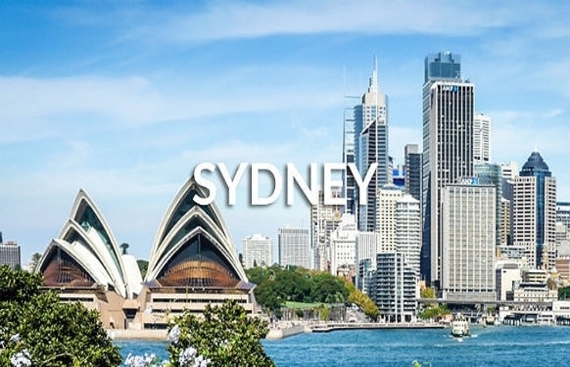
Australia's major city, Sydney is not only one of the most attractive cities in the world, it is now also one of the most expensive destinations to visit, as per the study. In this city, a meal with wine for two, plus pre-meal cocktails, two short taxi journeys and a one-night stay at a four-star hotel costs on average $404.
Not just this, it has seen significant increases in live-work costs since 2008, up 85 percent and 58 percent respectively.
9. Dubai
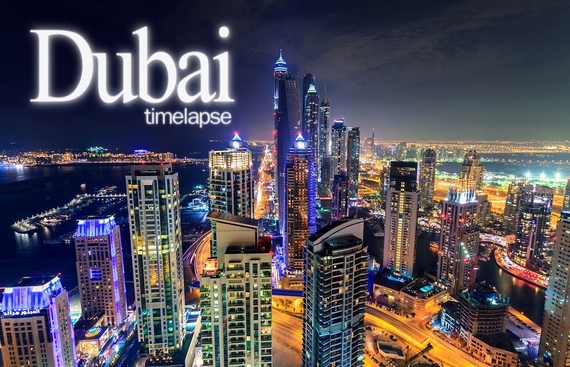
Dubai teetered on the edge of a financial meltdown at the height of the financial crisis in 2009 but property prices have sharply recovered in the past 18 months as a rise in tourism and trade has lifted business sentiment, while the emirate's stable political climate has helped it attract people and money from other parts of the Middle East that were affected by the Arab Spring.
Dubai's real estate revival has sparked concerns about rising inflation. Authorities, however, have introduced a string of measures including mortgage lending caps in an attempt to prevent the realty sector from overheating again.
10. Shanghai
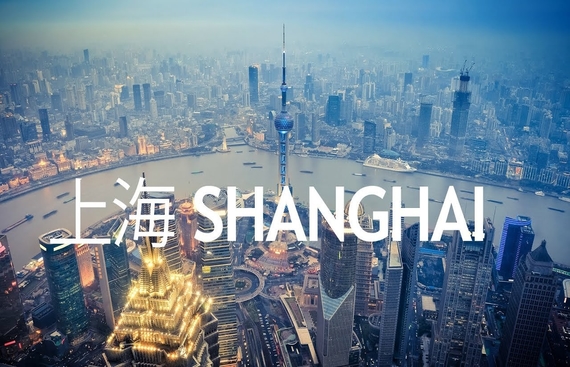
The principal national industrial and financial centre Shanghai takes the second spot on the list. It's preferred by HNWIs as it's growing as a cultural hub and global tourist destination. It is a global city, with influence in commerce, finance, culture, media, fashion, technology, and transport. It also has the busiest container port in the world. This city is the tenth most expensive city in the world.
A study done by Savills plc, a global real estate services provider measures the total costs per employee of renting living and working space on a U.S. dollar basis in 12 world cities.
"Fluctuations in total live/work costs reflect not only the strength of a city's residential and office markets and occupier taxes and costs, measured at a local level, but also the impact of fluctuating exchange rates on the cost of doing business on a world stage," revealed Savills.
1. London
British capital London has overtaken Hong Kong as the most expensive city to rent living and working space. London's overall real estate costs grew in U.S. dollar terms by an annualized rate of 10.6 per cent in the first six months of the year, making it "the world's most expensive city for companies to locate employees."
One of the world's most popular expat locations, the annual cost per employee in London was put at $1, 20,568. This was largely due to the UK pound's recent appreciation against the U.S. dollar. Overall, the U.S. dollar cost of residential and commercial accommodation in London has increased by 39 percent since 2008. Despite its climb in the rankings - from 5th to 1st place since 2008 - London is still a way off the live/work accommodation costs record, set by Hong Kong in 2011 at $128,000 a year.
2. Hong Kong
After emerging as the topped in the ranking for an unbroken five year period, Hong Kong has slipped to the second place. It still remains as the only 'New World' city, from a recently-emerged or emerging national economy, to feature in the top five cities in the index.
The position of this city as compared to the emerging markets of mainland China means that it is unlikely to lose this status in the near future as well, despite property market cooling measures.
By far, Hong Kong remains as the most expensive city to buy residential property, with prices 40 percent higher than London - but the gap is reducing.
3. New York
Also known as "The Big Apple," New York is the gateway for immigration to the U.S. and also a financial, cultural, transportation, and a manufacturing hub. A home to 21,800,000 people, New York is also a symbol of American capitalism, freedom and democracy.
New York is one of the most sought after city in United States and also an expensive city to buy and rent property. More than one in five New Yorkers are below the poverty line. Every new impoverished citizen is one less competitor for that perfect apartment.
4. Paris
Popularly known as the "Romantic city," Paris is one among the costly city in the world. It is a well known city for leading business and cultural centres, and its influences in politics, education, media, entertainment, fashion, science, and the arts.
It is considered as the glamorous city with around 96,400 millionaires living in this city. Around 39 percent of population in Paris is of millionaires, which is one of the highest millionaire percentages around the world.
5. Tokyo
The capital city of the island nation of Japan, Tokyo is considered as one of the three "command centers" for the world economy, along with New York City London and England.
It has fallen down the rankings (from 3rd to 5th position) in the list of the most expensive city, as rents were falling or sluggish after 2008. This is because Japan has experienced five years of deflation and the yen has fallen 10 percent against the U.S. dollar in the past three years.
The capital of Japan, with its striking public management, technology, economy, and the ability to attract talent from all over the world emerges as the smartest city in the world.
"Paris does not have any expenditure categories where the cost of living is disproportionately high, but is costlier than most locations for seven out of the ten categories included in the worldwide cost of living survey."
6. Singapore
Singapore has topped among cities globally as one of the world's most expensive city to live in 2014. The city's strong currency combined with the high cost of running a car and soaring utility bills contributed to Singapore in the list. It is also the most expensive place in the world to buy clothes.
The strong Singaporean dollar and inflation are the major factors that add to the "costly" tag of Singapore. Being a city-state, it is dependent on other countries for natural resources, which is the reason for high utility costs. In addition, Singapore is world's most expensive city if you want to drive a car owing to the high certificate of entitlement fees.
7. Moscow
The capital city of Russia, Moscow, is vibrant in all forms of life. Moreover in Moscow an extra 18 percent of value added tax is required to buy a property. This city is a major political, economic, cultural and scientific center in Russia and in Eurasia.
With the price of renting residential and office space in Hong Kong falling by 5 per cent since 2008, Moscow has retained its position in the list.
8. Sydney
Australia's major city, Sydney is not only one of the most attractive cities in the world, it is now also one of the most expensive destinations to visit, as per the study. In this city, a meal with wine for two, plus pre-meal cocktails, two short taxi journeys and a one-night stay at a four-star hotel costs on average $404.
Not just this, it has seen significant increases in live-work costs since 2008, up 85 percent and 58 percent respectively.
9. Dubai
Dubai teetered on the edge of a financial meltdown at the height of the financial crisis in 2009 but property prices have sharply recovered in the past 18 months as a rise in tourism and trade has lifted business sentiment, while the emirate's stable political climate has helped it attract people and money from other parts of the Middle East that were affected by the Arab Spring.
Dubai's real estate revival has sparked concerns about rising inflation. Authorities, however, have introduced a string of measures including mortgage lending caps in an attempt to prevent the realty sector from overheating again.
10. Shanghai
The principal national industrial and financial centre Shanghai takes the second spot on the list. It's preferred by HNWIs as it's growing as a cultural hub and global tourist destination. It is a global city, with influence in commerce, finance, culture, media, fashion, technology, and transport. It also has the busiest container port in the world. This city is the tenth most expensive city in the world.